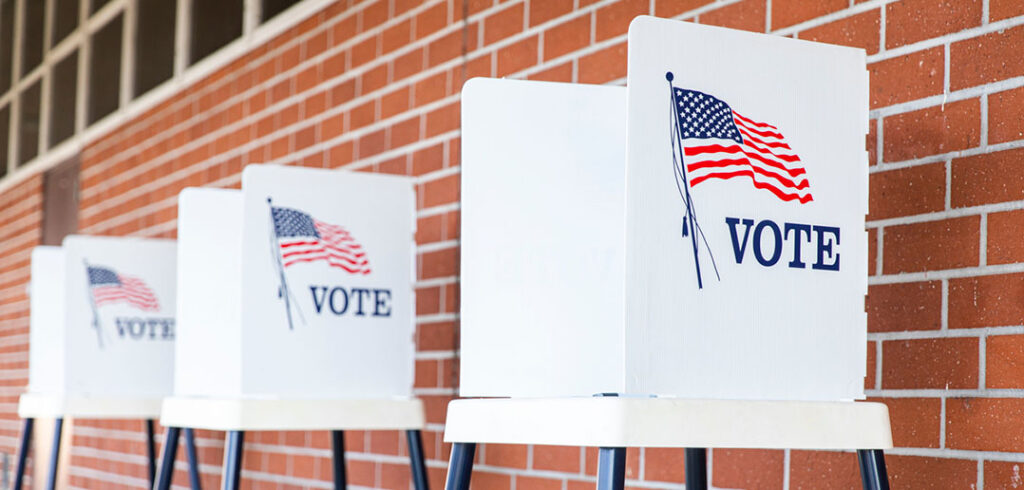Adjunct Professor and Director of the Voting Rights and Democracy Project Jerry Goldfeder co-authored a New York Law Journal article published in Law.com with graduating Fordham Law student Andrew Vazquez ’22. Professor Goldfeder and Vazquez examined this year’s redistricting litigation in New York.
With the dust mainly settled in the New York redistricting litigation, let’s take a quick look back at how the state Court of Appeals missed the boat in its decision to invalidate congressional and state senate lines this year. See Harkenrider v. Hochul, in which a 4-3 majority found an improper partisan gerrymandering and chastised the Independent Redistricting Commission for its missteps in the process. Rather than concentrate on the court’s substantive view that the legislatures drew unconstitutional lines (we think they were wrong) or the problems with the redistricting procedures (we think the court overreached on this as well), we focus on the court’s problematic remedy.
The court issued its April 21st decision weeks after nominating petitions had been filed and the primary election campaign was already in full swing for a June 28th vote, and yet it ordered new lines to be drawn weeks down the road, obviating the scheduled primary. In so doing, it ignored what U.S. Supreme Court Justice Kavanaugh has called a “bedrock tenet of election law,” that courts should not change rules so close to an election. We may not be enamored with this Justice’s opinions in general or the many ongoing misapplications of this principle (see, e.g., Prof. Rick Hasen’s analysis at https://electionlawblog.org/?p=129174), but in theory the doctrine makes sense. As Kavanaugh put it, “When an election is close at hand, the rules of the road must be clear and settled. Late judicial tinkering with election laws can lead to disruption and to unanticipated and unfair consequences for candidates, political parties, and voters, among others.”
This doctrine is referred to as the Purcell principle, named after a voter ID case out of Arizona, and, whatever one’s political stripes, its rationale make sense. Neither election administrators nor voters should have to master new rules or figure out who represents them right before an election. Yet, that is the unfortunate fallout of the Court of Appeals decision. The general election may be six months away, but the all-important primary election was on the horizon. Nevertheless, a thin majority of the court upended the election calendar smack in the middle of the primary campaign, disregarding Purcell’s proscription against eleventh-hour court interventions. As if to minimize the issue, it referred to Purcell in a footnote, saying that this rule prevents only federal courts, not state courts, from such last-minute interference in an election schedule.

